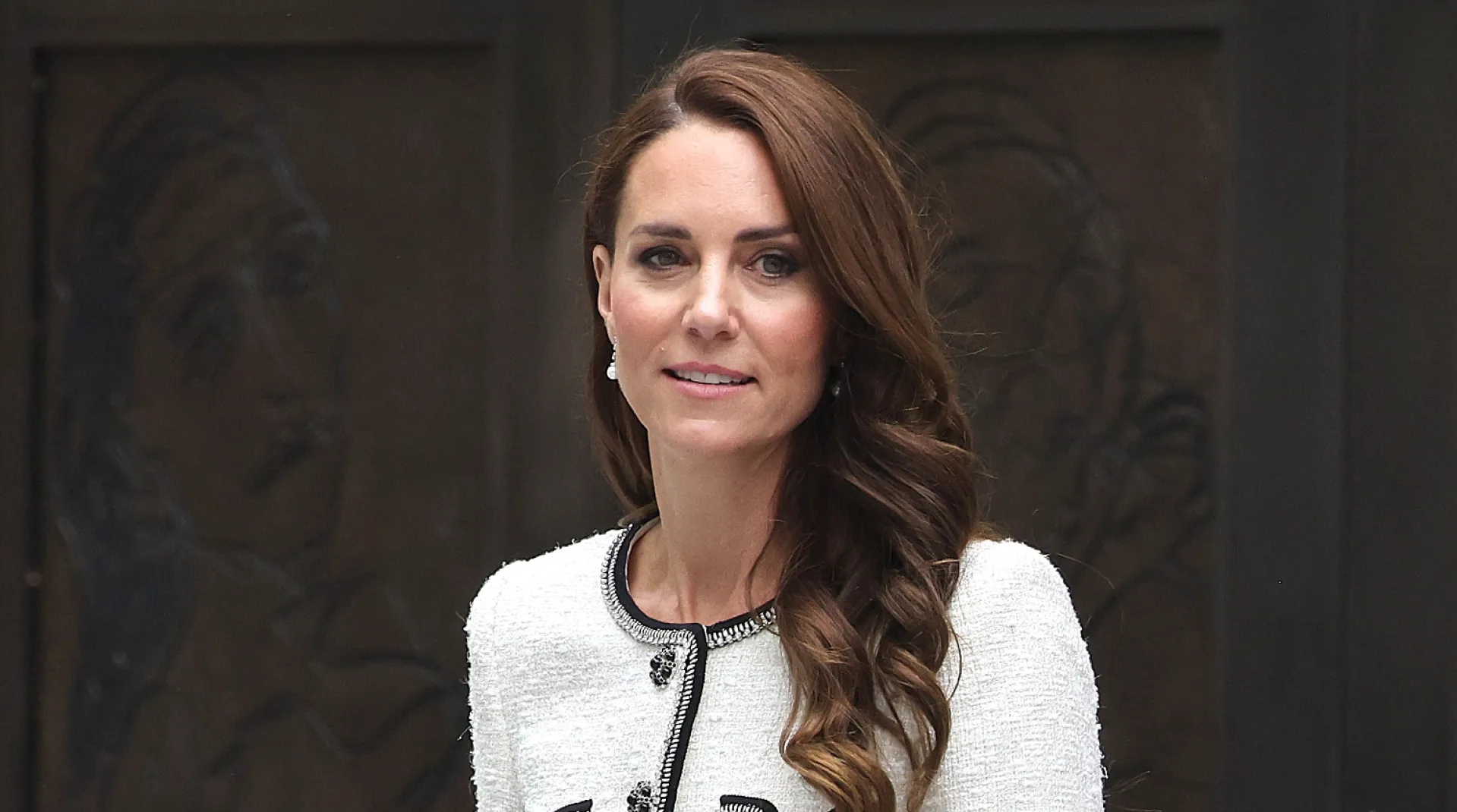Streaming Strong: Netflix Hits Record Highs Amid Market Turmoil

Netflix has made history with a remarkable 11-day winning streak on the stock market, marking its longest stretch of consecutive gains ever. On Friday alone, the company’s stock climbed an additional 2%, adding to a run that has pushed Netflix shares to their highest levels since the company went public in May 2002.
This milestone surpasses the previous record set between late 2018 and early 2019, when Netflix stock gained across four trading days, held steady for one, and then climbed again for four more. Now, with the stock hitting all-time highs, investors are increasingly optimistic about the company’s long-term potential.
The surge follows Netflix’s latest earnings report released on April 17, which revealed a 13% revenue increase in the first quarter of 2025. That growth was fueled by higher-than-expected earnings from both subscriptions and advertising, reinforcing Netflix’s strength in adapting its business model.
Amid ongoing trade tensions and economic uncertainty during President Donald Trump’s second term, Netflix has remained a standout. Its stock has jumped more than 30% since mid-January, outperforming many in a volatile market. The company appears insulated from the effects of tariffs and global trade disputes, largely because streaming is seen as a staple form of entertainment that consumers retain, even during financial downturns.
In contrast, traditional media giants are facing harsh market realities. Warner Bros. Discovery’s stock has dropped by nearly 10% since Trump resumed office, while Disney has fared even worse, declining by 13%. These figures highlight Netflix’s relative resilience and the broader shift in consumer behavior toward streaming services.
Despite the macroeconomic headwinds, Netflix remains confident in its financial outlook. The company has reaffirmed its full-year revenue forecast, projecting between $43.5 billion and $44.5 billion. In a recent statement, it noted that there has been “no material change” to its business outlook. Co-CEO Greg Peters added that operationally, they’re not observing any major negative impacts at present.
Peters also pointed to the historically stable nature of the entertainment industry during recessions, noting that Netflix, even with its shorter corporate history, has generally been resilient through difficult economic periods. That sentiment is shared by analysts, who view the streaming platform as a relatively safe investment in turbulent times.
JPMorgan analysts recently endorsed Netflix’s prospects, emphasizing its role as the dominant force in global streaming and a future leader in global television. They also cited the upcoming Advertising Upfronts in May as a potential boost for the stock. While Netflix has raised prices—its plans now range from $7.99 to $24.99—it seems to have retained its appeal. However, with the company no longer reporting subscriber numbers, the focus has shifted entirely to revenue as a key performance indicator.
What's Your Reaction?
















:format(webp)/cdn.vox-cdn.com/uploads/chorus_image/image/70136881/1347078605.0.jpg)





